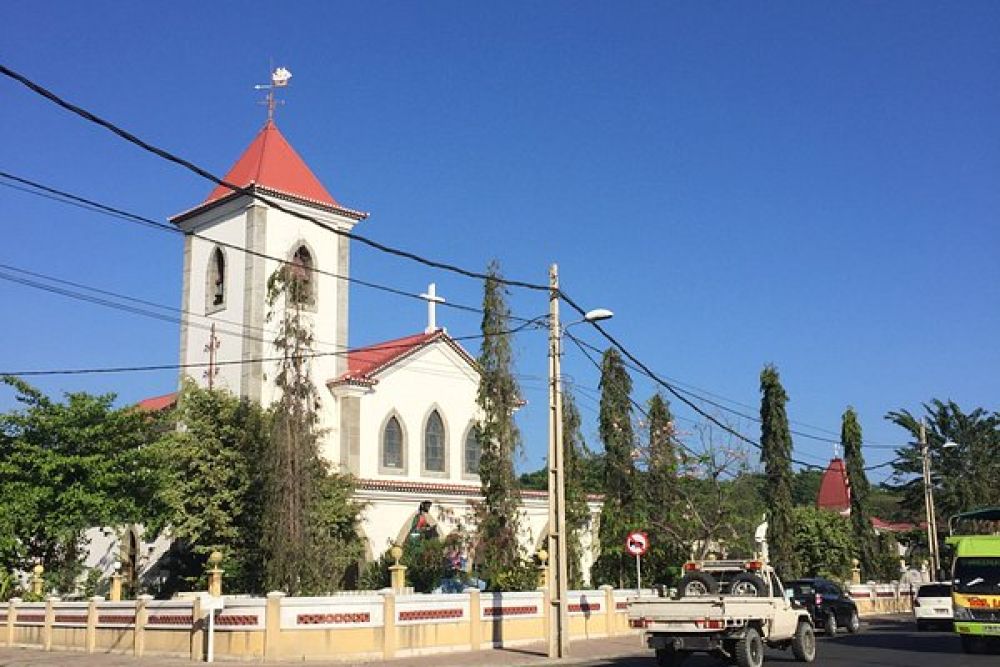

The history of tourism in Maubisse, a small town nestled in the mountainous regions of Timor-Leste, is as rich and varied as the culture of the country itself. The Maubisse Church, a prominent landmark of the town, stands as a testament to the region's heritage and its allure to visitors.
The Maubisse Church, also known as Igreja de Maubisse, is a colonial-era church that dates back to the Portuguese occupation of Timor-Leste. It stands not only as a place of worship but also as a symbol of the country's colonial history and the intertwining of European and Timorese cultures. The church has been a focal point of the town and plays a crucial role in the local community's spiritual and social life.
Tourist interest in Maubisse began to grow after Timor-Leste's independence in 2002. The country started to gain attention as a new and off-the-beaten-path destination for adventurous tourists. The church, with its charming architecture and stunning backdrop of the green mountains, became an increasingly popular spot for those eager to discover the cultural and historical facets of Maubisse.
With the increase in visitors, the local infrastructure began to develop. Accommodations and eateries that cater to tourists have been established, providing a modest but comfortable experience for those venturing into the mountains. However, tourism development has been sensitive to the environment and culture, ensuring that the charm and integrity of Maubisse remains intact.
The area around the Maubisse Church offers a wealth of experiences for visitors. Beyond exploring the church itself, tourists can enjoy the scenic views, partake in hikes through the surrounding coffee plantations, and immerse themselves in the local culture by interacting with the friendly residents. The church often serves as a starting point for these adventures.
In recent years, there has been an increased focus on sustainable tourism practices within Timor-Leste. Tourists are often encouraged to engage in activities that support local communities and preserve the natural beauty of the region. Maubisse and its church are central to these initiatives, providing a destination that aligns with the ethos of responsible travel.
Maubisse Church is more than just a religious site; it embodies the spirit of Timor-Leste's turbulent history, its path to independence, and its aspirations for sustainable development in tourism. Visitors to this remarkable church are given the rare opportunity to step into a place where the past and present coexist, where breathtaking landscapes meet rich traditions, and where the warmth of the Timorese people is ever-present.